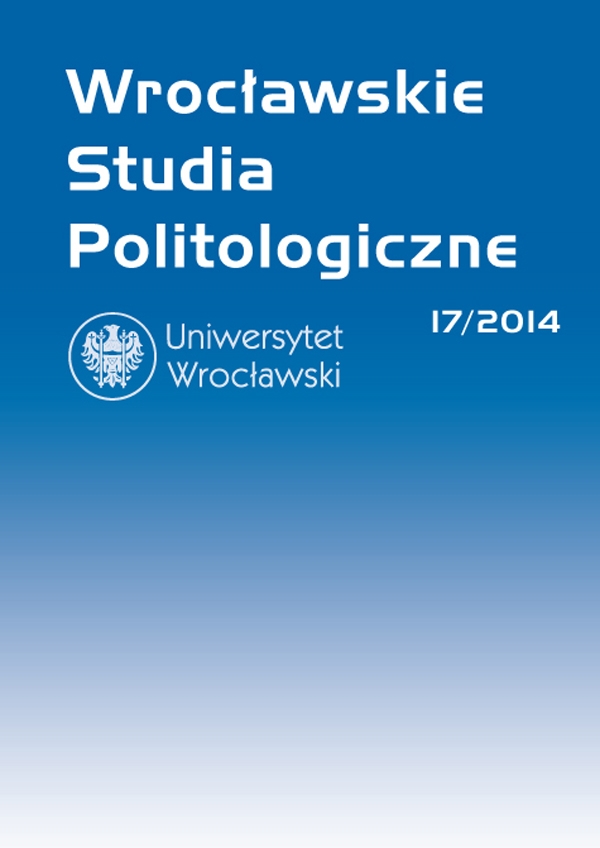

Artykuły

Regulatory regimes — the new context of public policy making?
From the 1970s to the end of the 1990s analyses of state, government and society in Western Europe were preoccupied with crisis of governability and legitimacy. Governance began to be regarded as the dominant institutional response to problems of governability. Governance is a term in good currency, but there are too few analyses of the precise extent to which it has or has not eclipsed government. This article explores characteristics of the governance transition taking under consideration that governance often complements and, on some occasion, even compete with government but there are some cases of fusion policy instruments. This paper offers a discussion on how to asses relations between government and governance. It argues that key element of reforms of regulation in Western Europe was the creation of independent or semi-independent regulatory agencies at the national and European levels. Various reasons have been put forward to explain why governments decide to delegate authority in this way. Yet key questions about agency autonomy and their influence on policy making remain unanswered. This paper critically reflects on claim that the transfer of resources from departments to agencies created differing power-dependent relations between minister, department and agency. It is not clear does the regulatory regime represent a stable arrangements or does it suffer from its own peculiar dilemmas which could affect nature of the states.